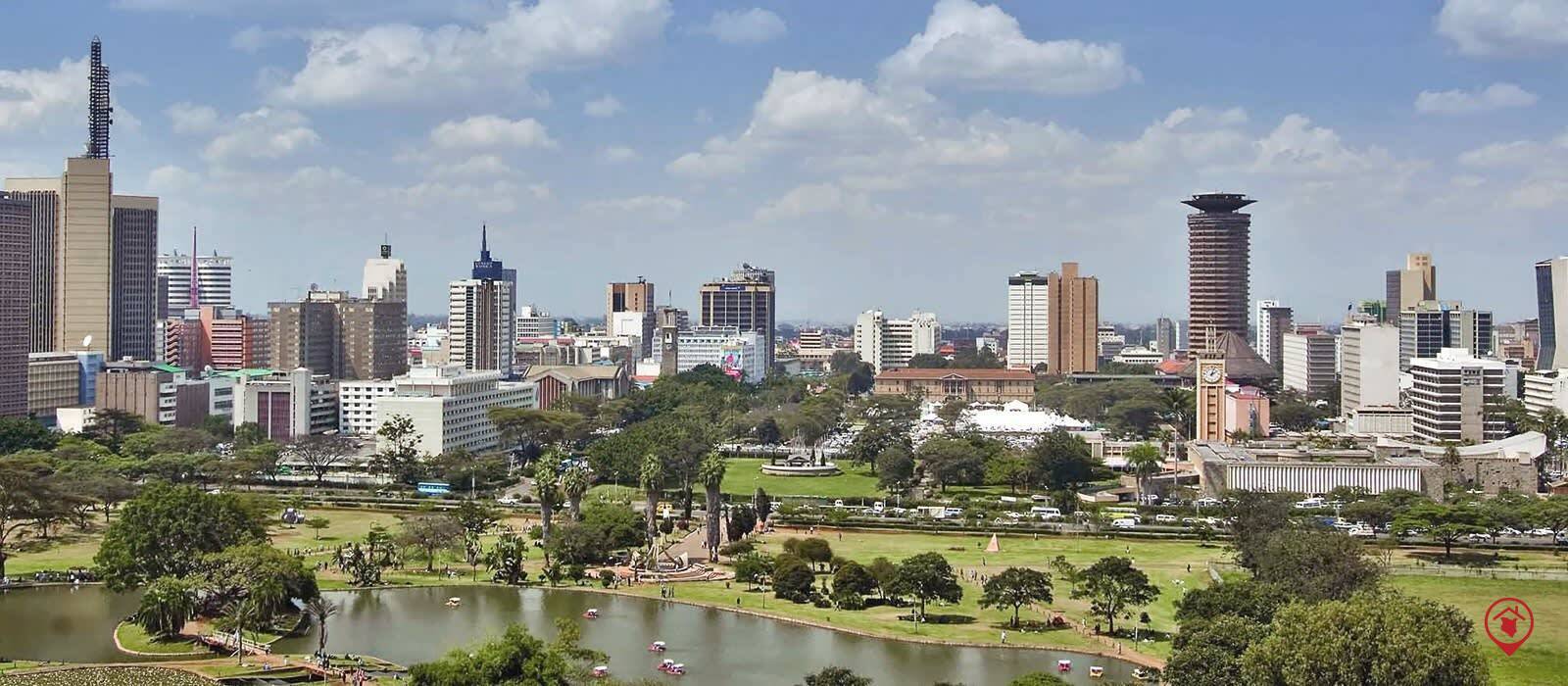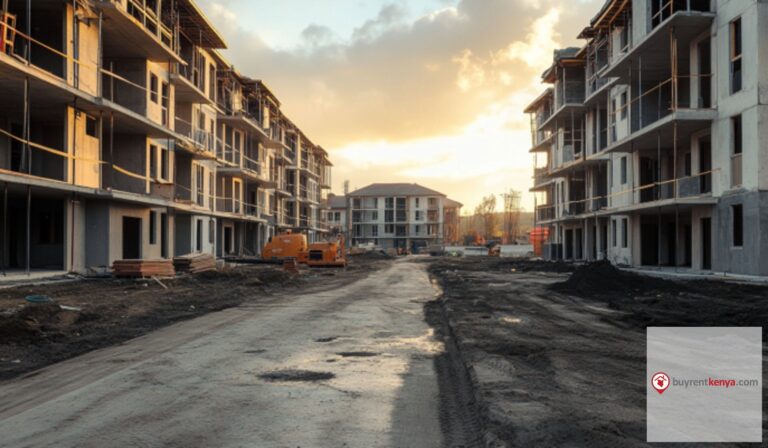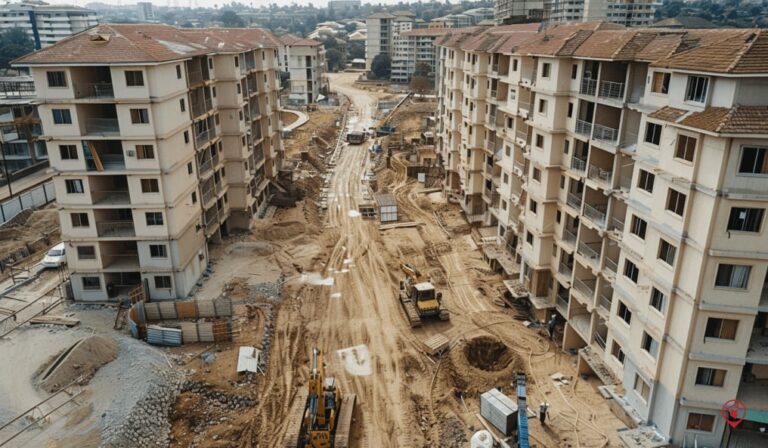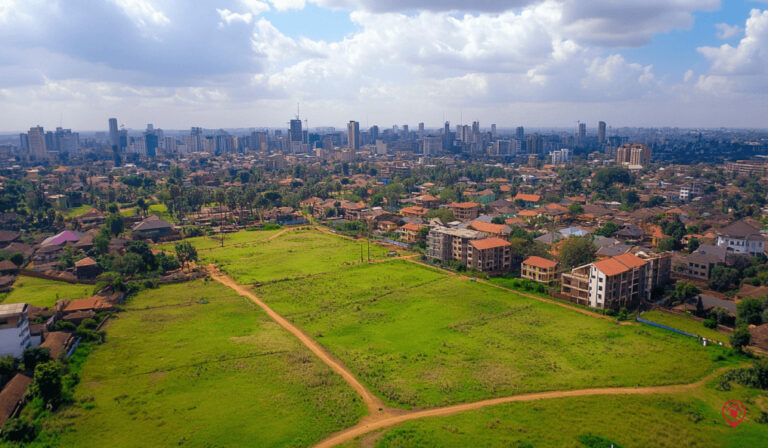Living in Nairobi: 10 Honest Pros and Cons You Should Know
- As Kenya’s capital, Nairobi holds an energy that’s hard to replicate anywhere else in the country.
- People come here to grow, to build businesses, careers, families, networks, and futures.
- The Nairobi of 2025 is not the Nairobi of a decade ago. Malls, cafés, creative hubs, dining culture, fitness studios, and curated weekend markets are now part of the city’s rhythm.
Nairobi is a city in constant motion. It draws people in with the promise of better jobs, better access, and better living, but rarely without trade-offs. As Kenya’s capital, Nairobi holds an energy that’s hard to replicate anywhere else in the country. It’s ambitious, fast, and full of potential. People come here to grow, to build businesses, careers, families, networks, and futures. That said, this is not a city you simply drift through. Nairobi forces you to engage. And whether that experience is smooth or jarring depends entirely on what you expect, and what you’re prepared for.
Opportunity, if You Know Where to Look
Nairobi is, without question, the economic heartbeat of Kenya and a gateway to East Africa’s commercial and diplomatic circuits. It hosts countless multinationals, government agencies, tech start-ups, NGOs, and institutions, making it an ideal base for professionals across sectors. From finance in Upper Hill to creative studios in Kilimani and enterprise parks in Westlands, there are jobs, contracts, and ventures to chase, especially if you’re adaptable. Even for those working remotely, Nairobi provides a growing number of co-working spaces and digital-friendly infrastructure. It’s not perfect, but compared to most African capitals, it’s ahead in terms of access to networks and resources.
A Lifestyle That’s Becoming More Cosmopolitan
The Nairobi of 2025 is not the Nairobi of a decade ago. Malls, cafés, creative hubs, dining culture, fitness studios, and curated weekend markets are now part of the city’s rhythm. Whether you’re after craft beer in Karen, vintage finds in Loresho, or a yoga class in Lavington, Nairobi’s lifestyle offering is maturing. There’s a growing middle class that’s shaping demand for wellness, experience, and community. That evolution also shows in housing, more estates are being developed with amenities like gyms, swimming pools, jogging tracks, and co-working lounges built in.
Green Pockets and Nature in Reach
One of Nairobi’s most distinct advantages is its proximity to nature. Few cities in the world let you view wildlife on your morning commute. Nairobi National Park is a stone’s throw from the CBD. Karura Forest offers trails and picnics in the middle of the city. Ngong Hills and Oloolua Nature Trail are within an hour’s drive. This access to green spaces, even as the city expands, is something many residents don’t take for granted. It also reflects in property value—homes close to forest reserves, rivers, or park views tend to hold their appeal.
Access to Services—But Not Equal Across Board
The capital offers some of the best healthcare and education options in Kenya. Whether you’re looking at international schools, Montessori academies, private clinics or major hospitals like Aga Khan, Nairobi Hospital or MP Shah, you’ll find institutions of a higher standard here than elsewhere. However, this access is not equal across the city. Quality is concentrated in mid-to-high income zones. In many fast-growing satellite towns and lower-income estates, public services have struggled to keep up with the pace of housing development. Schools, clinics, waste collection, and even water access are often overstretched or underfunded. For families, this can affect daily life. For investors, it impacts tenant demand, pricing, and long-term rental value.
A Housing Market with Multiple Realities
Real estate in Nairobi is as diverse as its people. You’ll find multimillion-shilling townhouses, modern studio apartments, heritage-style homes, duplexes, and everything in between. But the market is uneven. In some areas, supply is outpacing demand, especially for poorly designed or overpriced units. Meanwhile, well-planned developments in growth corridors (like Ruaka, Ruiru, Syokimau) are attracting buyers priced out of the city core. What complicates it is speculation—developers rushing to build without proper infrastructure or planning approval. The result? Flats with no parking, no water security, or poor drainage. Nairobi has good homes, but you must be discerning.
A High Cost of Living That Keeps Rising
Nairobi is not cheap. Rent is often the biggest expense, especially in centrally located areas like Kileleshwa, Lavington, or Kilimani. Even middle-income estates like South B and Lang’ata have seen price increases. Beyond rent, groceries, school fees, transport, utilities, and entertainment have climbed steadily, fuelled by inflation, fuel costs, and demand. Anyone relocating here must budget realistically. That “affordable” two-bedroom may come with unexpected costs—like power outages that require a generator, water shortages that mean buying tank refills, or high service charges in apartment blocks.
Traffic: The City’s Daily Reality Check
If there’s one issue almost all Nairobi residents agree on, it’s traffic. Commutes can be frustrating, unpredictable, and energy-draining. Infrastructure upgrades like the Nairobi Expressway, bypasses, and ring roads have helped ease movement, but congestion is still a daily struggle. The urban sprawl has forced many to live farther out to afford rent or own homes,only to spend two to three hours on the road every day. For many movers, commute time becomes a bigger factor than square footage.
Security Is Patchy, Not Promised
There are safe, well-managed areas in Nairobi, especially within gated communities, apartment compounds, and secure estates. But the city isn’t immune to break-ins, petty theft, or more serious crime in certain zones. While overall security has improved over the years, it’s still important to understand the dynamics of the area you’re moving into. Night-time travel, poorly lit streets, or boundary-adjacent plots may come with risk. That’s why many property buyers or renters are now prioritising CCTV, guards, controlled access, and neighbourhood watch groups as part of their checklist.
Conclusion
Nairobi is not a city you stumble into casually, it demands intention. If you’re clear about your budget, location priorities, lifestyle needs, and long-term goals, it can offer you growth, connection, and even beauty. But if you arrive unprepared, drawn in by hype or short-term opportunity, you might quickly find the city exhausting. The trick is knowing your why: why you’re moving here, why that estate suits you, why that price point is justifiable. Because while Nairobi has its problems, it still holds promise. And for the right person, with the right mindset, it can be the beginning of something great.








